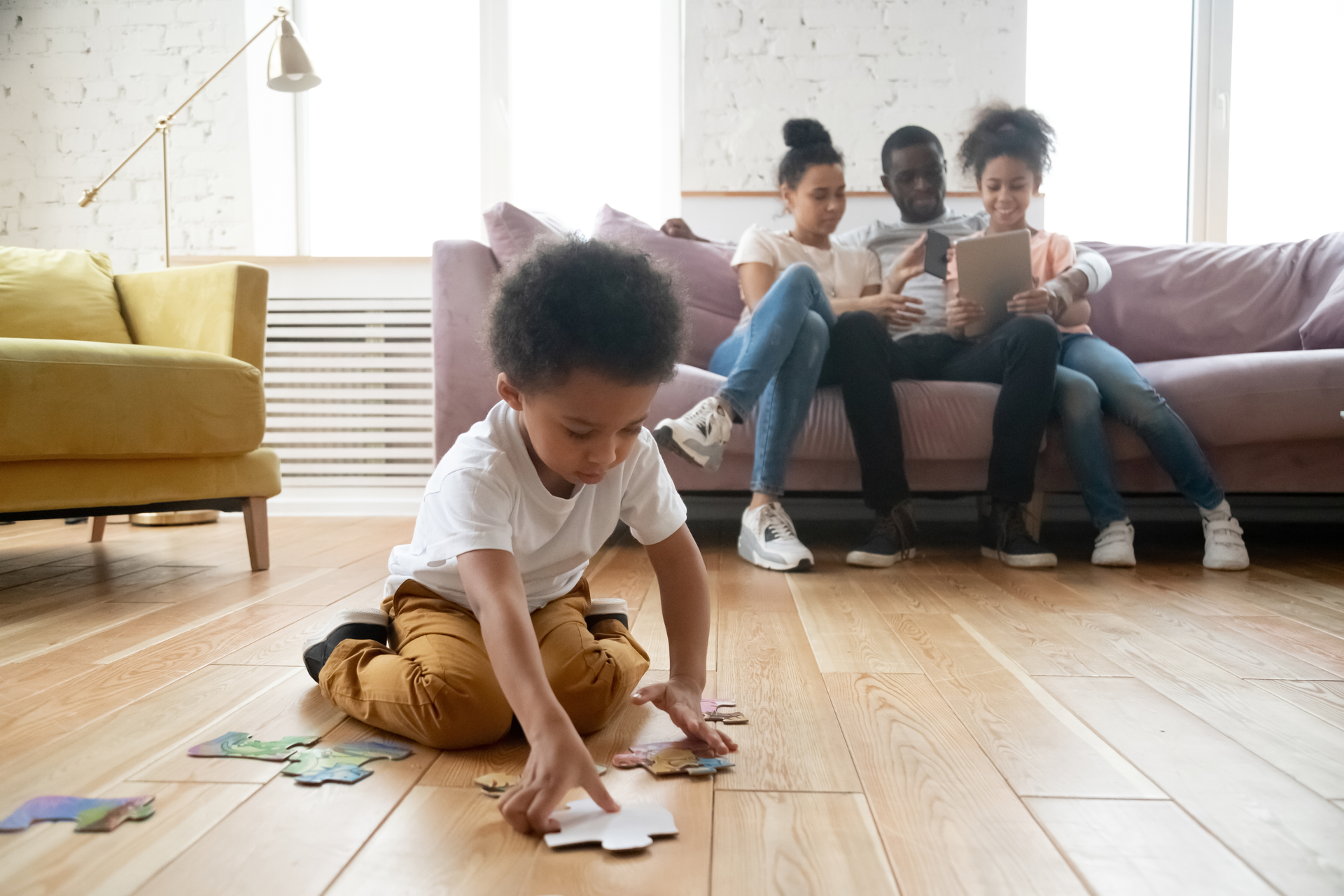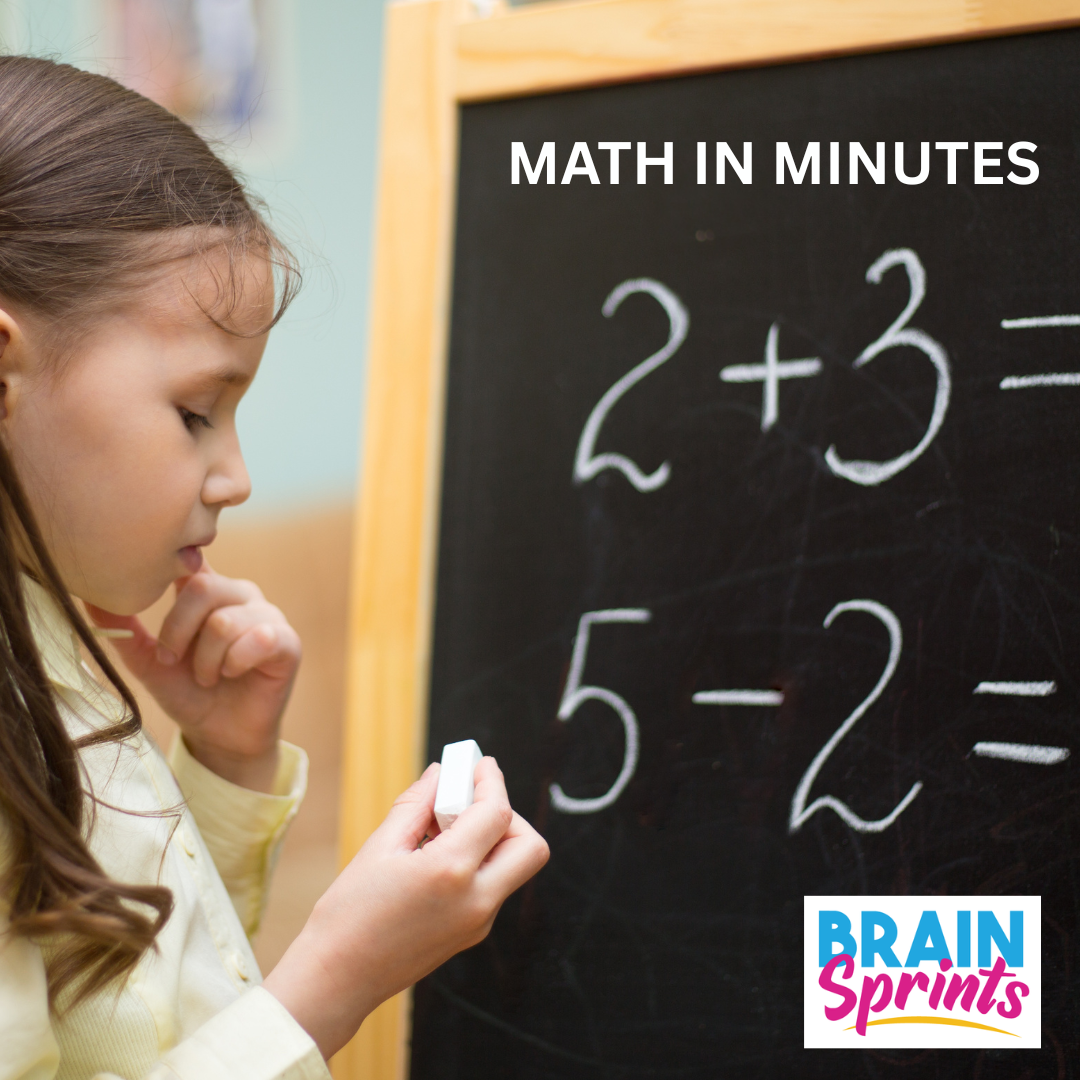Unlocking Potential
The Benefits of In-Home Brain Training

Most learning struggles don’t come from a lack of effort—they come from how the brain is wired. In-home brain training offers a drug-free way to reshape those connections and tackle learning challenges at their root. You’ll learn how targeted neurodevelopmental programs tap into neuroplasticity to support real, lasting change for your child. Schedule your free consultation today to discover how in-home brain training can transform your child’s learning journey.
Understanding In-Home Brain Training
In-home brain training is a game-changer for families facing learning challenges. It offers a unique approach that dives deep into the workings of the brain. Let's explore how this works.
What is Brain Training?
Brain training is a set of exercises designed to improve cognitive functions. Think of it as a gym for the brain. These exercises target skills like memory, attention, and problem-solving. You might wonder if it's like homework. It's not. It’s fun, interactive, and tailored to your child's needs. Many parents find this approach refreshing compared to traditional methods. By focusing on cognitive skills, brain training helps children do better in school and life.
How It Taps Neuroplasticity
Neuroplasticity is the brain's power to change and grow. Imagine your brain creating new paths every time you learn something new. In-home brain training taps into this amazing ability. It encourages the brain to form new connections. This can lead to lasting improvements in learning.
Why does this matter? Because it means children are not stuck with their learning challenges. With the right exercises, they can overcome them. This approach is backed by science, making it a reliable option for parents seeking change.
Personalized Approach Benefits
Every child is unique, and so is their learning journey. In-home brain training offers personalized programs that fit each child's needs. This means your child gets the right support at the right time. The benefits are clear: better focus, improved academic performance, and a boost in confidence.
Parents play a key role in this process. With personalized programs, you can be involved every step of the way. This partnership makes the difference in achieving real progress.
Drug-Free Solutions For Learning Challenges
Choosing drug-free solutions can be a relief for many families. In-home brain training goes beyond temporary fixes, aiming for long-term success. Here's why it's a smart choice.
Targeting Root Causes
The key to solving learning challenges is understanding what causes them. In-home brain training focuses on identifying and addressing these root causes. By doing so, it helps children overcome obstacles that hold them back. Instead of masking symptoms, this approach digs deeper. It aims to create a solid foundation for learning.
Advantages Over Medication
While medication can help, it's not always the best option. Brain training offers a natural alternative without side effects. It empowers children to develop skills and strategies that last a lifetime. This approach allows families to avoid the pitfalls of medication, such as dependency and limited effects.
It's about providing a holistic solution that respects each child's individuality. Most people believe medication is the only answer, but brain training offers a different path.
Real-Life Success Stories
Many families have seen incredible transformations through in-home brain training. Take Emily, a 9-year-old who struggled with reading. After months of personalized exercises, Emily not only improved her reading skills but also gained confidence in school. Her story is not unique.
· Improved grades
· Increased self-esteem
· Greater motivation
These success stories prove that in-home brain training works. They offer hope and inspiration for others on a similar journey.
Empowering Families Through Neurodevelopment
Families are at the heart of the in-home brain training process. This section explores how parents and educators can play a vital role.
Parental Involvement and Support
Parents are crucial in their children's learning journey. With in-home brain training, you can actively support and guide your child. This involvement strengthens the learning process and fosters a positive environment.
Imagine being part of your child's progress every step of the way. This empowerment helps you understand and meet their needs effectively.
Educator Insights and Techniques
Educators seeking new methods can benefit from brain training techniques. These insights can enhance teaching strategies, making them more effective for diverse learners. By incorporating brain training exercises into the classroom, teachers can support students in overcoming challenges.
Educators play an essential role in this process, bridging the gap between home and school. By working together, families and teachers can create a supportive learning environment.
Scheduling Your Free Consultation Today ✨
The journey to overcoming learning challenges begins with a single step. Scheduling a free consultation can set your child on the path to success. This session allows you to explore how in-home brain training can help your child.
It's time to take action. The longer you wait, the more opportunities slip away. Start unlocking your child's potential today.
Through Brain Sprints’ unique approach, parents and educators can discover the benefits of personalized, in-home brain training. So why wait? Embrace a brighter future with drug-free, effective solutions for learning challenges.










